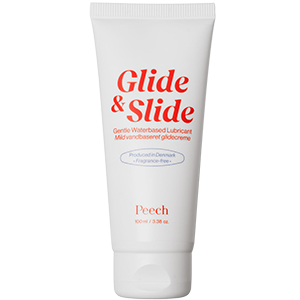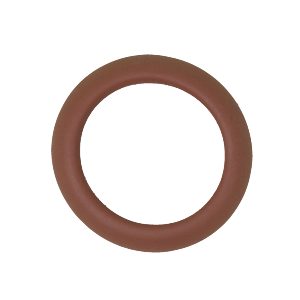Cystitis and urinary tract infections
Cystitis and urinary tract infections (UTIs) are common amongst a big part of danish people. The condition is painful and can be hard to get rid of. But why does it happen? Can it be prevented, and what can you do once you have it?
What is a UTI?
Cystitis is an inflammation of the bladder caused by infectious or noninfectious reasons, whereas UTIs are infections of the urinary tract, including everything from the urethra, bladder and kidneys. Cystitis can happen when bacteria "crawls" up the urethra into the bladder. The bacteria can stem from your own normal bacterial flora, like E. coli from the colon or staphylococcus from the vagina. Cystitis can give symptoms like stinging and a feeling of peeing glass shards, as well as having to pee constantly, sometimes without any urine coming out. Sometimes there might even be blood in the urine. Cystitis occurs more frequently in people with a vulva, as the urethra in the vulva is a lot shorter than in the penis. Therefore its much easier for bacteria to crawl up and start multiplying in the bladder.
What can you do to prevent cystitis?
- Make sure to drink enough water daily, so the urethra is regularly flushed.
- Pee immediately after sex (including sex with yourself). It's one of the most common ways to get an infection, as bacteria is easily pushed up through the urethra during sex. If you have a tendency to get a feeling of beginning cystitis after sex, it's recommendable to drink a large glass of water, so you can flush out your urethra again a short while after.
- For people with a vulva: always wipe starting from the vulva and towards the anus when using the bathroom. This minimizes risk of bacteria from the colon entering the urethra
- If you generally experience dry mucous membranes, which for some means more frequent cystitis, it can be a good idea to let your genital area “breathe”, which can be done by sleeping without underwear, avoiding tight-fitting clothes and sticking to cotton underwear. This will prevent the mucous membranes from becoming further irritated.
What to do if you have cystitis?
If your cystitis doesn’t go away by drinking lots of water, there are multiple things you can do.
If you visit a doctor, they will be able to test the bacteria in your urine, and give you the right antibiotics specifically made to kill that particular kind of bacteria. When taking antibiotics, please note that a lot of your own healthy bacteria from your bacterial flora will also be killed, so it’s a good idea to take probiotics in combination with antibiotics, to lower the risk of yeast infections and digestion issues.
If you don’t want to take antibiotics, there are several other things to try:
- D-mannose is a natural sugar from birch trees and has the same effect as cranberries, which is preventing bacteria from attaching itself to the bladder wall, thus making them easier to flush out. D-mannose comes in powder form and can be mixed with water. D-mannose typically only works on E. coli bacteria, which is also the most common bacteria leading to cystitis. But in the rare cases the cystitis is caused by staphylococcus from the vagina, D-mannose will most likely not work.
- It is also possible to get homoeopathic drops for cystitis, which can be taken both preemptively and as treatment.
Some studies show that cranberry can have an effect on cystitis, while other studies have found no effect. Luckily cranberry is not harmful for the body, so it doesn’t hurt to drink an extra glass of cranberry juice when you have cystitis ;)
I hope this can help you get rid of your cystitis or prevent it in the future





